Note: This post may contain affiliate links which means if you click on a link and purchase an item, we will receive an affiliate commission at no extra cost to you.
This post is brought to you by two books Julie and Sean have written about RV life: Full-Time RV Finance and A Complete Novice’s Guide to RV Water System’s Preventive Maintenance.
This is the latest interview in a series featuring digital nomads talking about their lives and lessons (click here if you want to be interviewed). The goal is to help demystify the process of making money online, wandering the world, and living an unconventional life!
Julie and Sean have a wonderful story about transitioning out of the military and into the life of digital nomads. We love how their story reflects that anytime is a good time to start on the journey to nomading. Check out their blog and YouTube channel for excellent content about life in an RV!
Thank you for sharing your story with Freedom Is Everything, Julie!
Key takeaways from Julie & Sean’s interview:
“One thing that living in a 30’ RV taught us was to communicate. We were so busy in our previous careers that we didn’t take as much time to really spend leisure time with one another. Now we’ve developed a more meaningful relationship, and everything else is less important.”
“We believe that everyone has the power within themselves to be happy without changing the job, moving, or becoming a nomad. Possibly those things can increase your happiness, but first, you have to find it within yourself. We’ve met so many people over the last several years who are ‘living the dream,’ but they aren’t really happy. They are still searching for the next great thing.”
“Our most important life lessons are, first and foremost, don’t neglect your family while traveling. You don’t know how long anyone is promised on this earth. Travel is a great way to get together with loved ones and share new experiences. You’ll create memories that will last your entire life.”
“Living a debt-free life has become a passion of ours! Once we broke the cycle of consumer spending, we realized that we were wasting a lot of money on things that didn’t bring joy to our lives. We focused on paying off all our debt and have never felt more free. In fact, we find financial freedom to be more empowering than travel.”
Table of Contents
Introduce yourself! 🙂 Who are you? What do you do for work? And what is your nomadic story?
We’re Sean & Julie Chickery. We both served 20 years in the US Air Force. In 2016, we were transitioning from the military and decided to become digital nomads so that we could travel full-time in our RV.
Sean’s background is in the hospital laboratory. Most people would think that a laboratory scientist can’t possibly be a digital nomad, but Sean was able to use his skills and experience to find a management position with a medical research company that can be performed remotely. Julie is a freelance project manager and writer.
We founded our business, Chickery’s Travels, in 2018 to provide educational resources to others who are interested in pursuing their full-time RV travel dreams. We have a blog and two books, which led us to other opportunities in public speaking and even a documentary.
What inspired you to start nomading? And how has nomading changed your perspective on life?
When we were in the Air Force, we moved every three years. We realized how beautiful and diverse our country is but didn’t always have the time to fully appreciate all it had to offer. Once we became empty-nesters, we knew we wanted to explore more of the United States. Now, after six years of full-time RV travel, we want to spend more time abroad.
Our style of nomading has included slow travel, moving every 4 – 12 weeks. We’re learned to really slow down and enjoy the beauty around us. We’ve stopped chasing the major tourist destinations and instead focus on the hidden gems that highlight different communities.
Please tell us your detailed story of how you got into your line of work and how you turned it into a remote career.
We both got our careers started in the military and also completed graduate degrees while serving. We also both did plenty of writing and public speaking in our military careers, which helped when we decided to start Chickery’s Travels.
Julie is an MBA and was a project manager. This type of experience is very valuable in the marketplace, and is very easy to transition to full-time remote employee status, which is what she did initially. After a couple of years on the road, she decided to change to freelance work to allow more time to work on our business.
We’re also both partners in other businesses. Sean is a co-host for the Beyond the Wheel podcast, and Julie is a partner in Full-Time Freedom Week, a digital event for RV nomads.
What is unique about the way you travel, and what advice do you have for someone that wants to travel with a similar style?
We lived and traveled full-time in a 30’ fifth wheel RV for six years. Last year we purchased a home base but are still digital nomads so that we can take extended trips as often as we like. Our first grandson was born in Dec 2020, so we are staying closer to him this year but plan to start traveling internationally next year.
What does a day in your work life look like? Paint a picture for us :).
It is different for each of us. Sean works traditional daytime hours as a remote employee. He is required to be online most of the day, and he has to attend regular meetings. He records podcast episodes twice per month.
Julie, as a freelancer, has more autonomy over her schedule. She chooses to go hiking most days and work on projects in the evenings and on weekends when the trails are more crowded.
What advice would you give to someone who’s thinking about nomading?
The best advice we can give anyone who is thinking about the nomadic lifestyle is to do your research and create a realistic budget. Take time in advance to envision your desired lifestyle and then find out how much it will cost. We wrote a book on Full-Time RV Finance because there are many expenses that people don’t consider, like the cost of reliable internet access or frequent RV maintenance.
Once you have a full understanding of the costs, you can create a budget that you can live with happily. This will then lead you to exploring how to meet those expenses. Some people, like Sean, choose to work full-time as a remote employee. Others, like Julie, choose to freelance or run a business. The options are truly unlimited.
Another suggestion we have for new full-time travelers is NOT live as if you are on vacation. What I mean by this is to consider staying in one place for one to three months, rather than rushing around trying to “see it all” too quickly. This will not only lead to burnout, but it is the easiest way to bust the budget.
For example, RV campgrounds and even Airbnbs often have a discount for extended stays. Staying somewhere with a kitchen or using your RV’s kitchen if you’re traveling that way is better than dining out every day. By following this strategy, you’ll save money and alleviate the stress of worrying about it.
What are the 2-3 favorite places where you’ve lived/traveled to and why?
Our three favorite places are Redwoods National Park in northern California, Big Bend National Park in southwest Texas, and Dry Tortugas National Park just beyond Key West, Florida.
- There are simply no words for how majestic the giant redwood trees are in California. We were fortunate enough to stay in a campground that had old-growth forest right there on site. We could walk straight out of our RV and into the woods.
- Big Bend National Park is the most ecologically diverse area we’ve visited. Located on the Rio Grande River in southwest Texas, it has mountains, desert, and the river valley, all within a 30-minute drive. They even have a little border control station so that you can take a day trip to Mexico.
- Dry Tortugas National Park is one of the least visited national parks in the United States as it is not accessible by land. You can travel there either by boat or seaplane. We opted for the latter and truly enjoyed the ride over the crystal clear waters.
If you had debt/student loans when you started nomading, how did you handle or think about this, and what advice would you give to other people with a similar situation?
We actually had pretty sizable debt when we first started our full-time RV journey. In fact, it was about $180,000 in student loans for our sons’ educations, a loan on our truck, and a loan on our RV. We made a concerted effort to pay that off quickly by reducing our expenses and accomplished that goal within 2 ½ years.
Our advice if you have debt is to realize that a nomadic lifestyle can actually be an inexpensive way to live if you plan appropriately. We love to say that you can have anything, just not everything. Basically, it is all about prioritization. Travel has really helped to value experiences more than things.
What digital tools do you use for your work?
We use a range of tools, but Sean mostly utilizes his company’s VPN to access his office computer and the company’s tools. Yes, he has an office, although he only visits it about a half dozen times a year. He uses Zoom to record podcast episodes. Julie uses Asana, Slack, and Zoom regularly to manage projects and coordinate with partners. She also uses WordPress for her blog as well as many of her freelance writing projects.
If you’re a content creator (podcaster, YouTuber, blogger, etc.), tell us about your content creation journey and share some of your favorite content that people should check out!
We have both a blog and YouTube channel that focuses on RV travel. We started both three years ago but always saw the YouTube channel as merely being a resume for public speaking gigs. It paid off. Within a year, we contracted with Good Sam Enterprises to speak several RV shows and have continued to branch out from there. Julie started the blog as a means to earn an income both through affiliate marketing and advertising.
One thing she didn’t anticipate were the opportunities as a freelance writer for other publications. Not only do they provide revenue, but they also help drive traffic to our site. It was through our blog that we met our other business partners. She was so successful at blogging for business that she helped create a coaching program, Blogging Camp, for other aspiring travel bloggers.
Our main piece of advice that we give other content creators is to diversify. If you can write a blog post, you can also record a video about the topic and vice versa. Embedding videos within a blog post will also help keep people on your site longer, which will help with search engine optimization.
If you only had a few minutes to live, what are the most important life lessons you would share with the world?
Our most important life lessons are, first and foremost, don’t neglect your family while traveling. You don’t know how long anyone is promised on this earth. Travel is a great way to get together with loved ones and share new experiences. You’ll create memories that will last your entire life.
Next is to prioritize your travels and travel experiences. When visiting someplace new, we find that we feel more connected by spending more time in one place, even if it means doing fewer activities because we have time to really get to know an area. Going back to our favorite river to take a stroll, shopping at the cute market more than once, and even dining at the same restaurant all allow us to more deeply connect with the area.
For example, when we went to Arizona, we could have easily traveled around the entire state in two months, but we chose to spend the entire time really getting to know Tucson. Now some of our fondest travel memories are of that city.
What do you travel with that you couldn’t imagine traveling without?
The only thing that we can’t imagine traveling without is each other! One thing that living in a 30’ RV taught us was to communicate. We were so busy in our previous careers that we didn’t take as much time to really spend leisure time with one another. Now we’ve developed a more meaningful relationship, and everything else is less important.
Tell us about a deep passion of yours! What has your journey been like, and what advice/resources would you recommend for someone interested in learning more about this topic?
Living a debt-free life has become a passion of ours! Once we broke the cycle of consumer spending, we realized that we were wasting a lot of money on things that didn’t bring joy to our lives. We focused on paying off all our debt and have never felt more free. In fact, we find financial freedom to be more empowering than travel.
What is your philosophy on being happy and/or finding meaning/purpose in life? And any recommended resources for people navigating this journey?
Our philosophy is that first, you have to find happiness within yourself before you can hope to achieve doing anything else. Here’s what we mean by that. You might have a job that you don’t enjoy, and you think if you just had another job, you’d be happy. Maybe you live in a city you don’t particularly love and think if you could just move, you’d be happy.
We believe that everyone has the power within themselves to be happy without changing the job, moving, or becoming a nomad. Possibly those things can increase your happiness, but first, you have to find it within yourself. We’ve met so many people over the last several years who are “living the dream,” but they aren’t really happy. They are still searching for the next great thing.
If you’re passionate about FIRE (Financial Independence Early Retirement), please share how this has impacted your life, what your journey has been like, and what other people should know about FIRE!
We are passionate about FIRE, but once we paid off all our debt and reached our number, we decided not to actually retire yet. Simply knowing that we can retire early if we so choose is enough for us. We’ve also found that all things in life change, including goals. Our first goal was to pay off our debt. Then the goal was to reach a certain level of savings and investments. Now we have business goals we’re working towards. We are no longer focused simply on the money. Instead, we are gaining personal satisfaction.
How can people learn more about you and your work?
Blog: https://www.chickerystravels.com
YouTube: https://www.youtube.com/c/chickerystravels
Instagram: https://www.instagram.com/chickerystravels

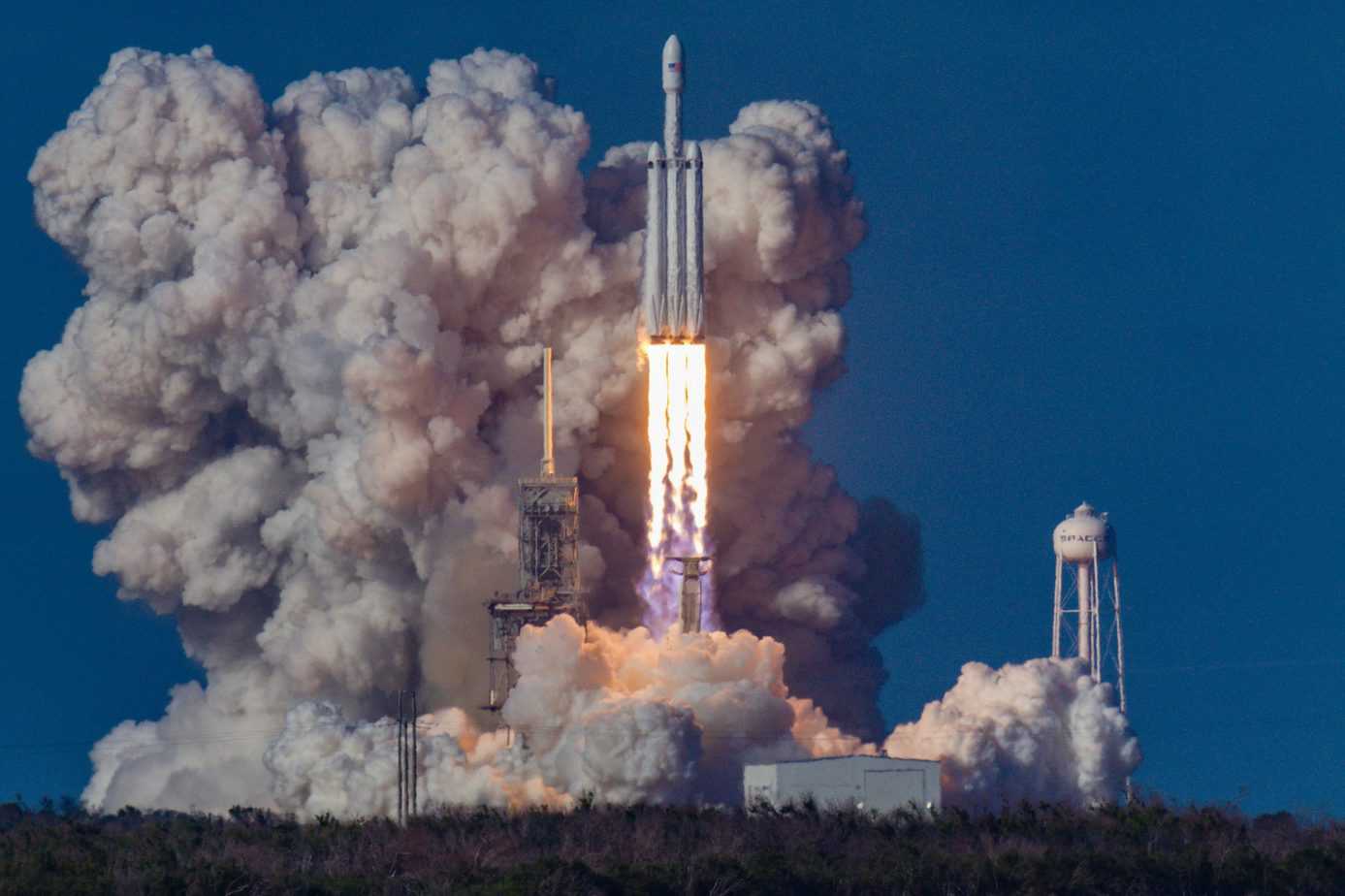
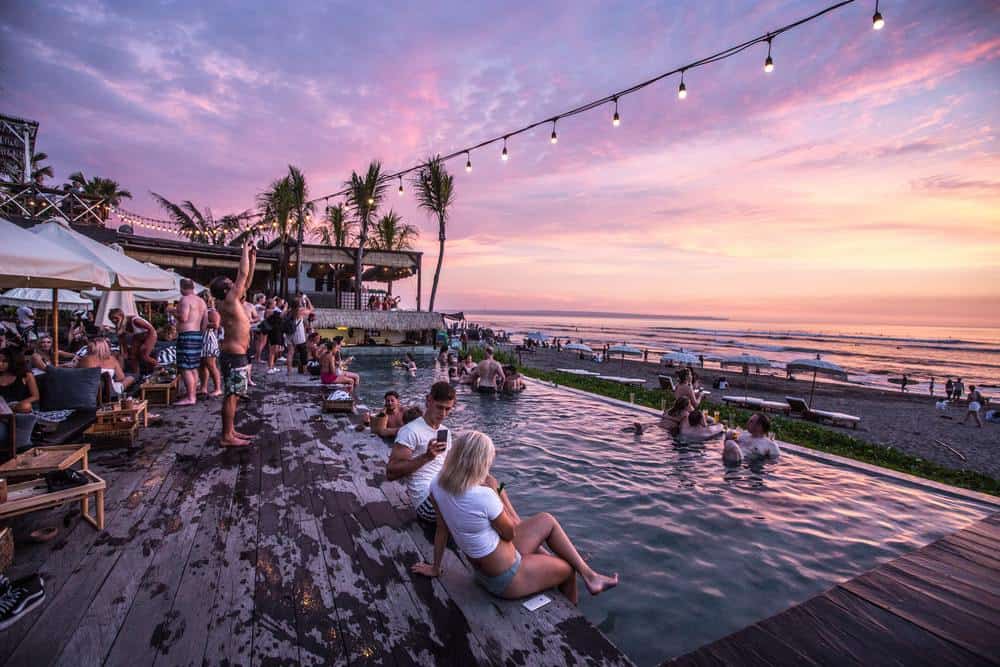
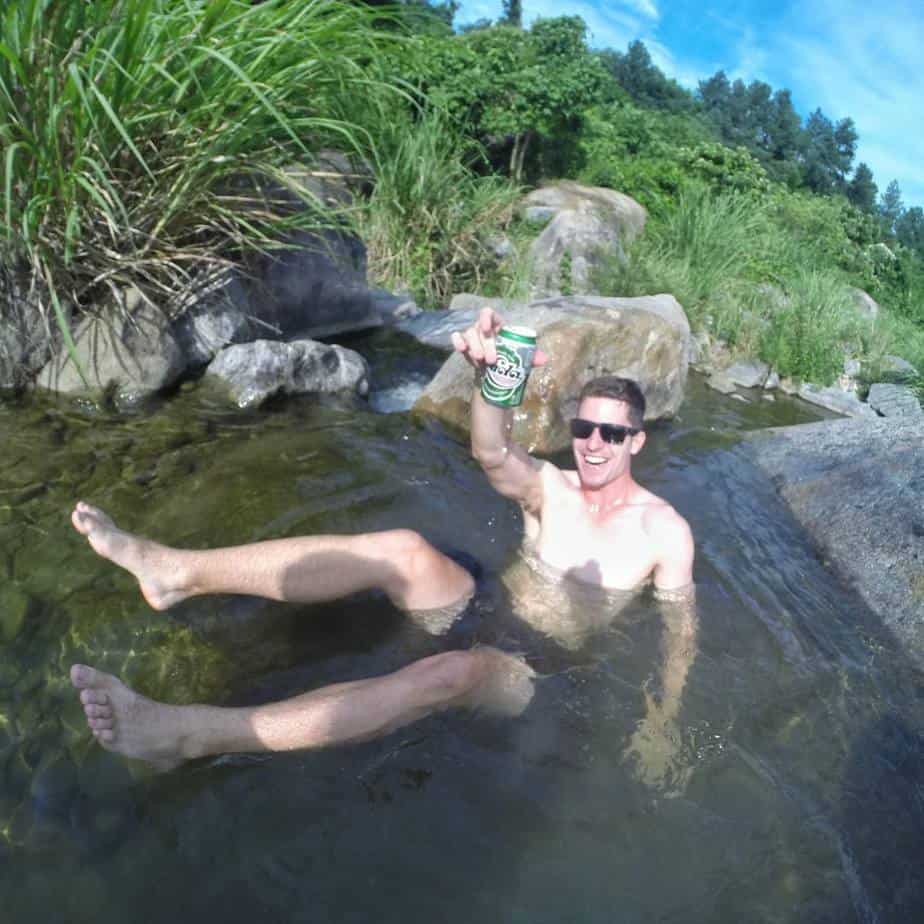
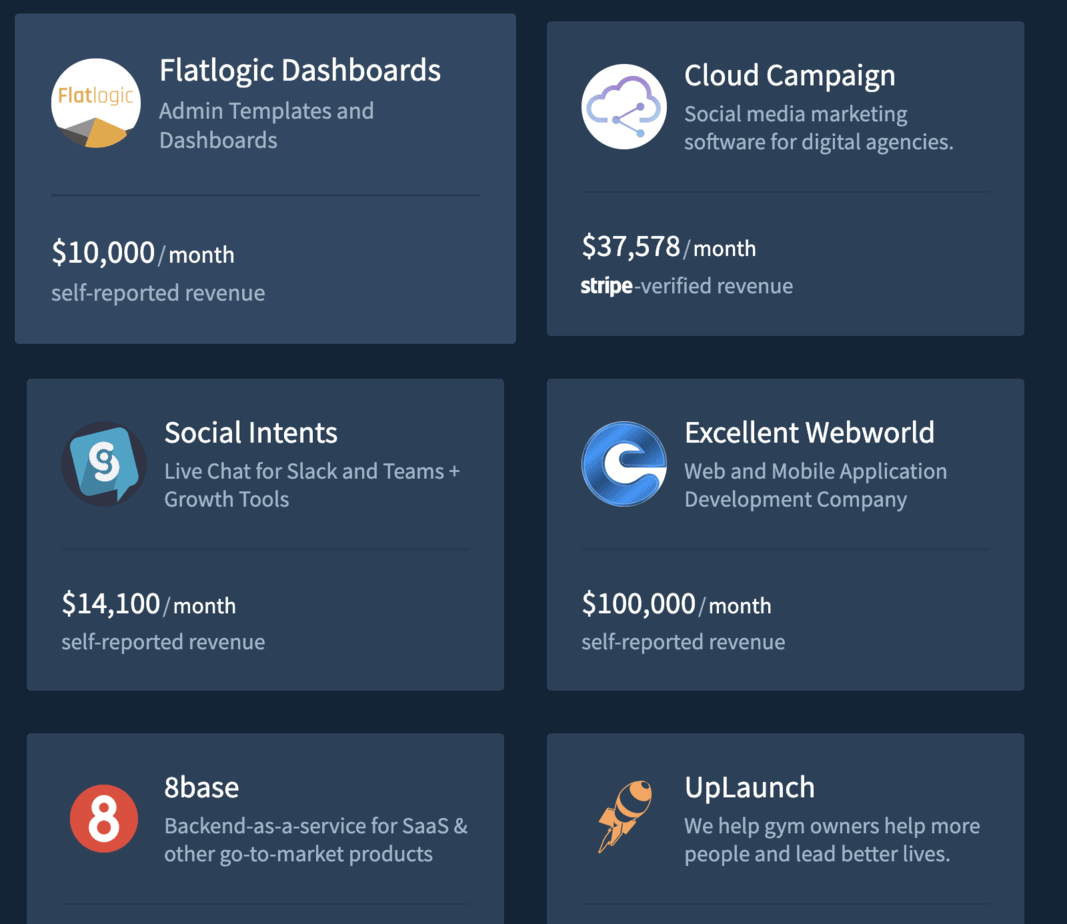
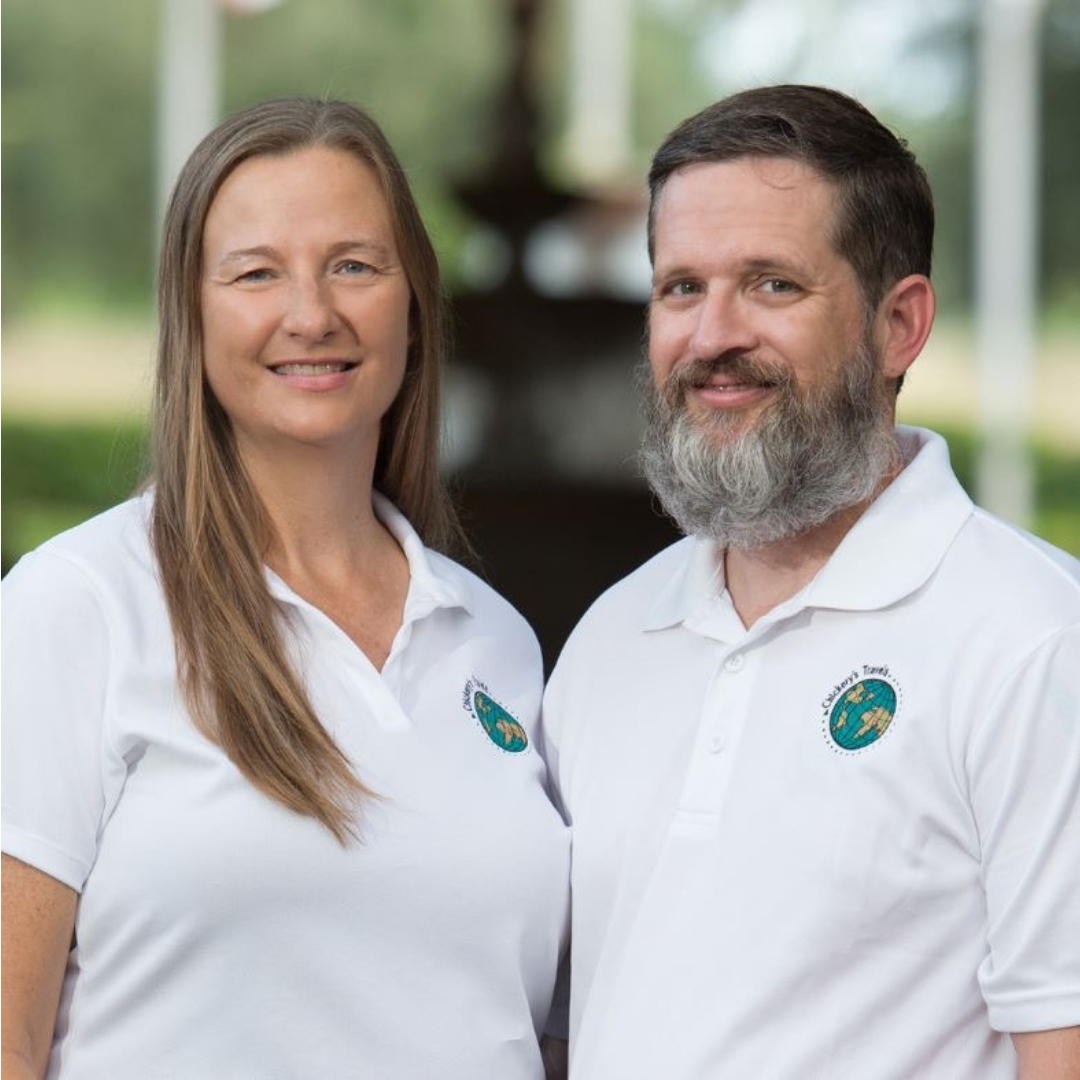
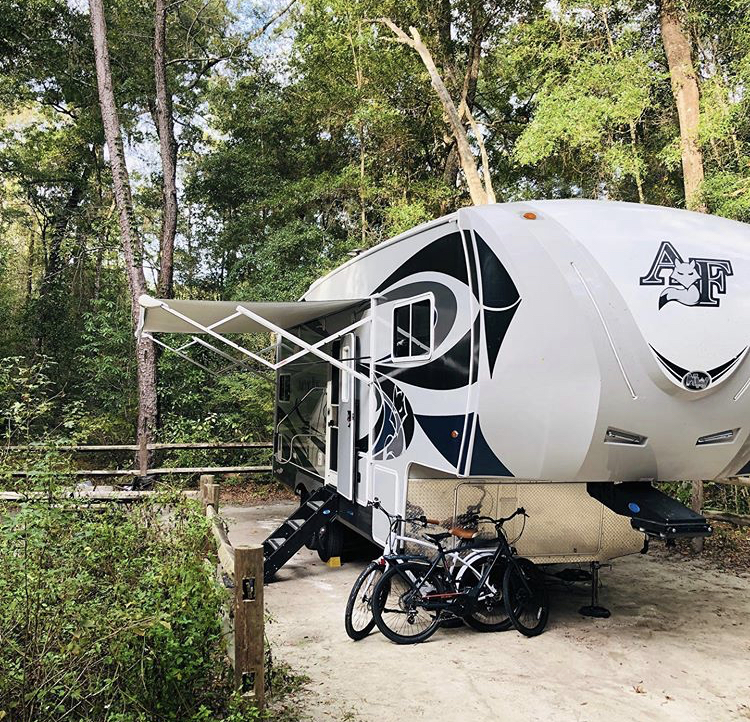
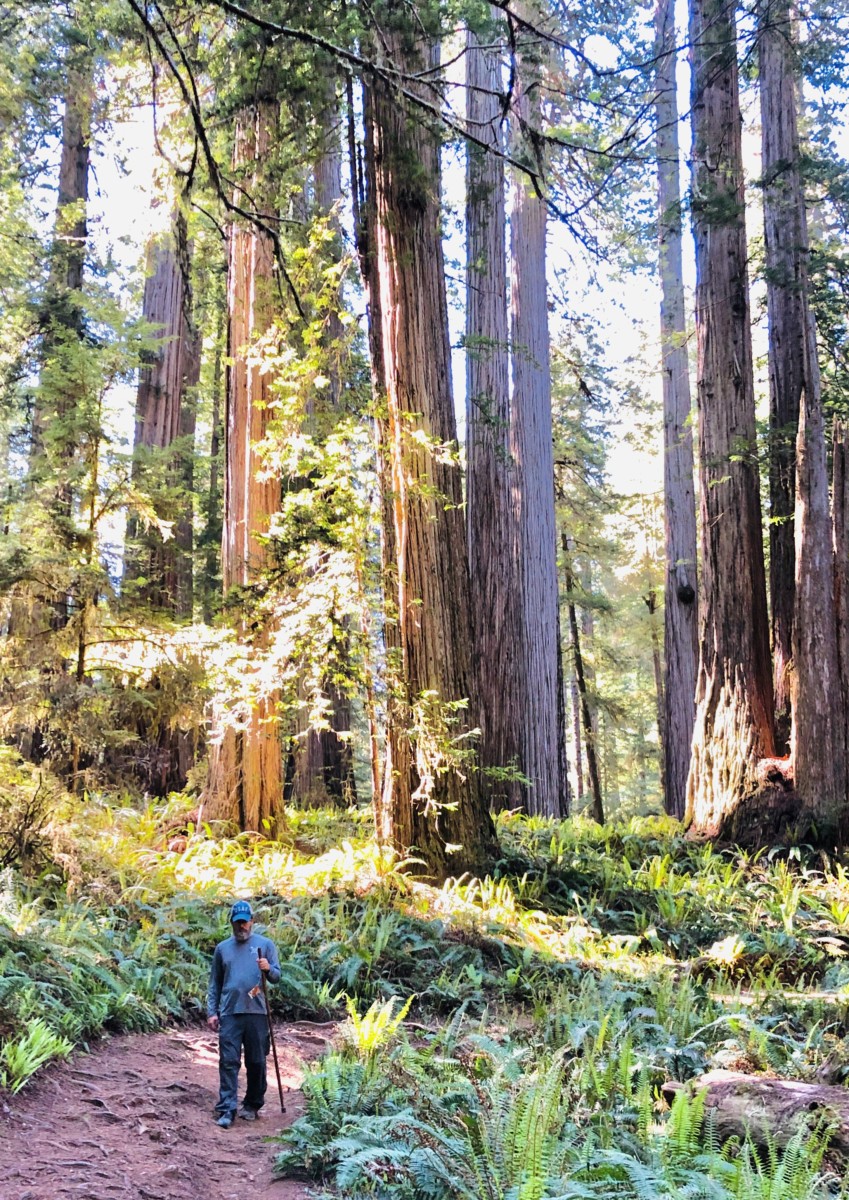
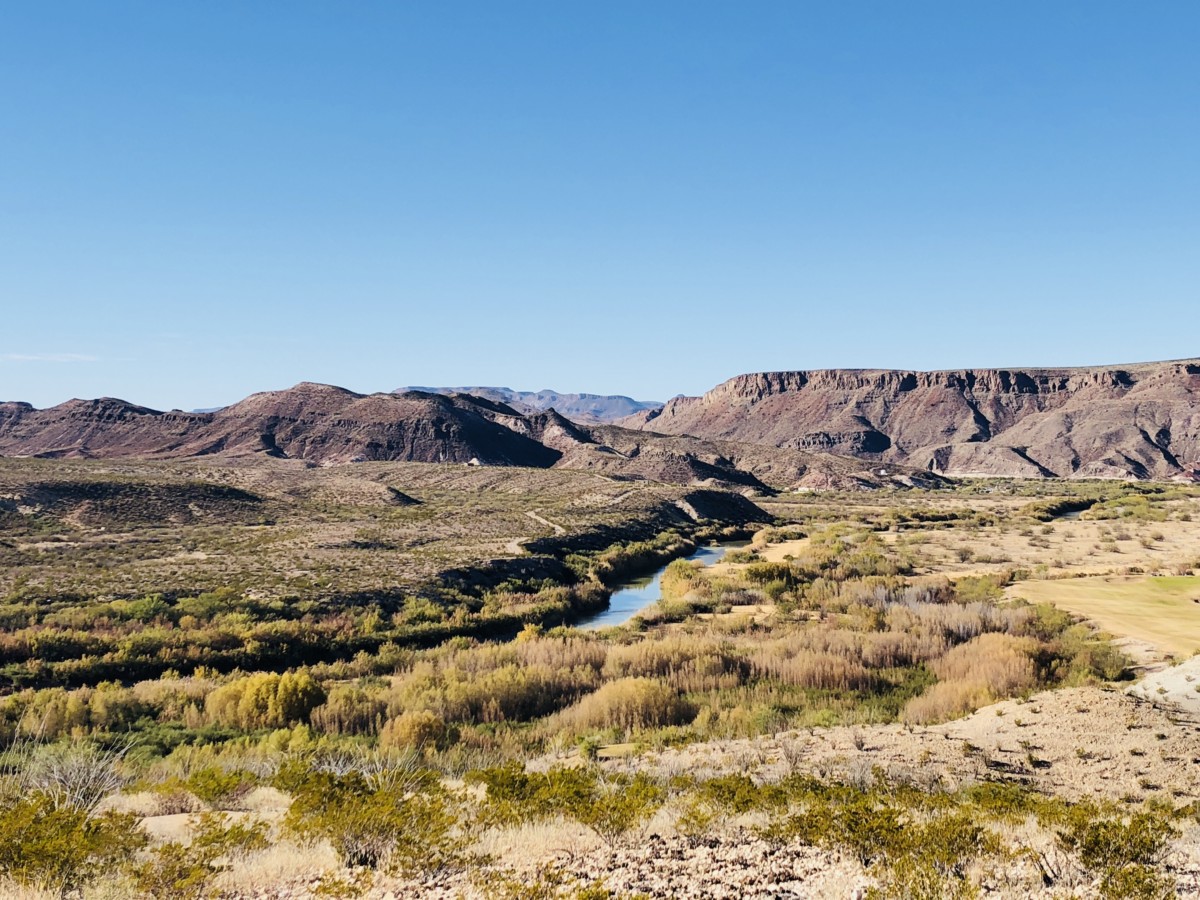
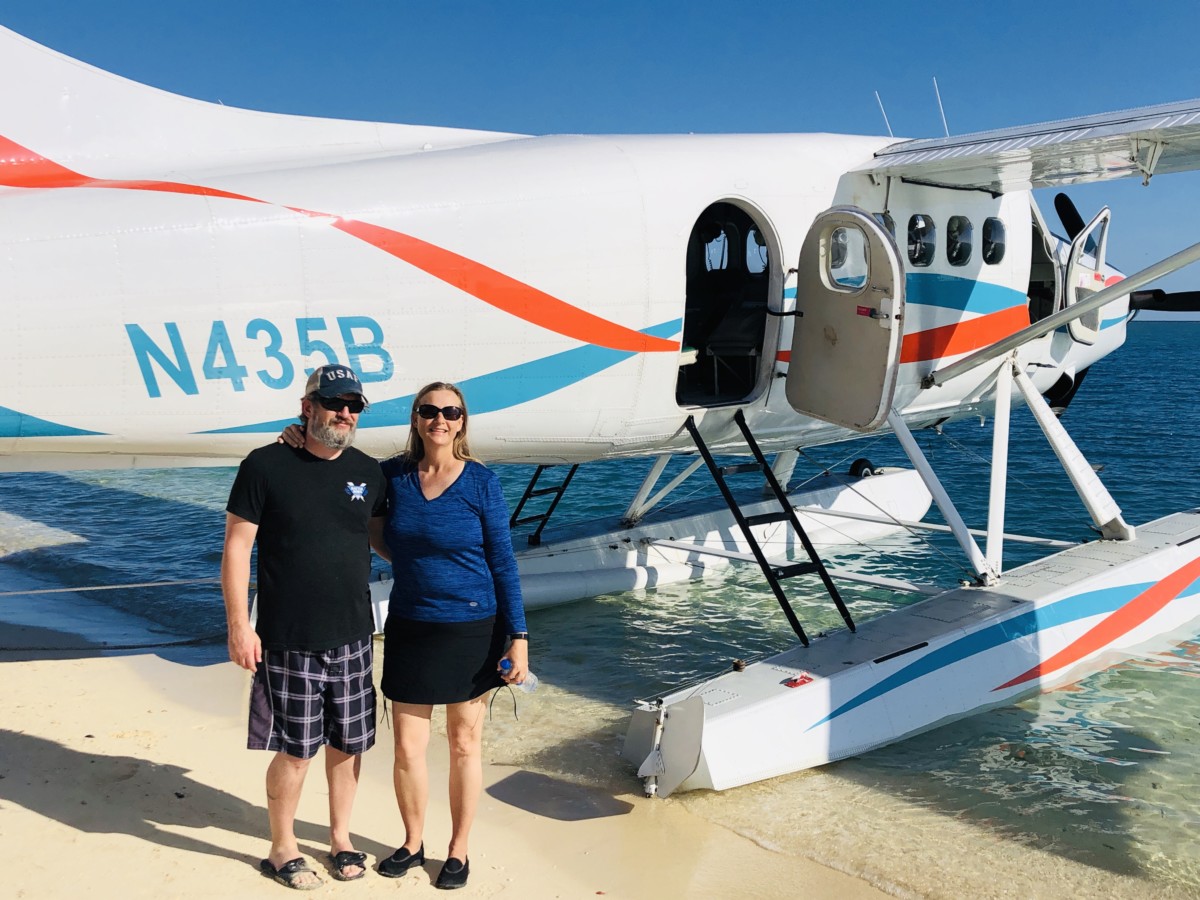

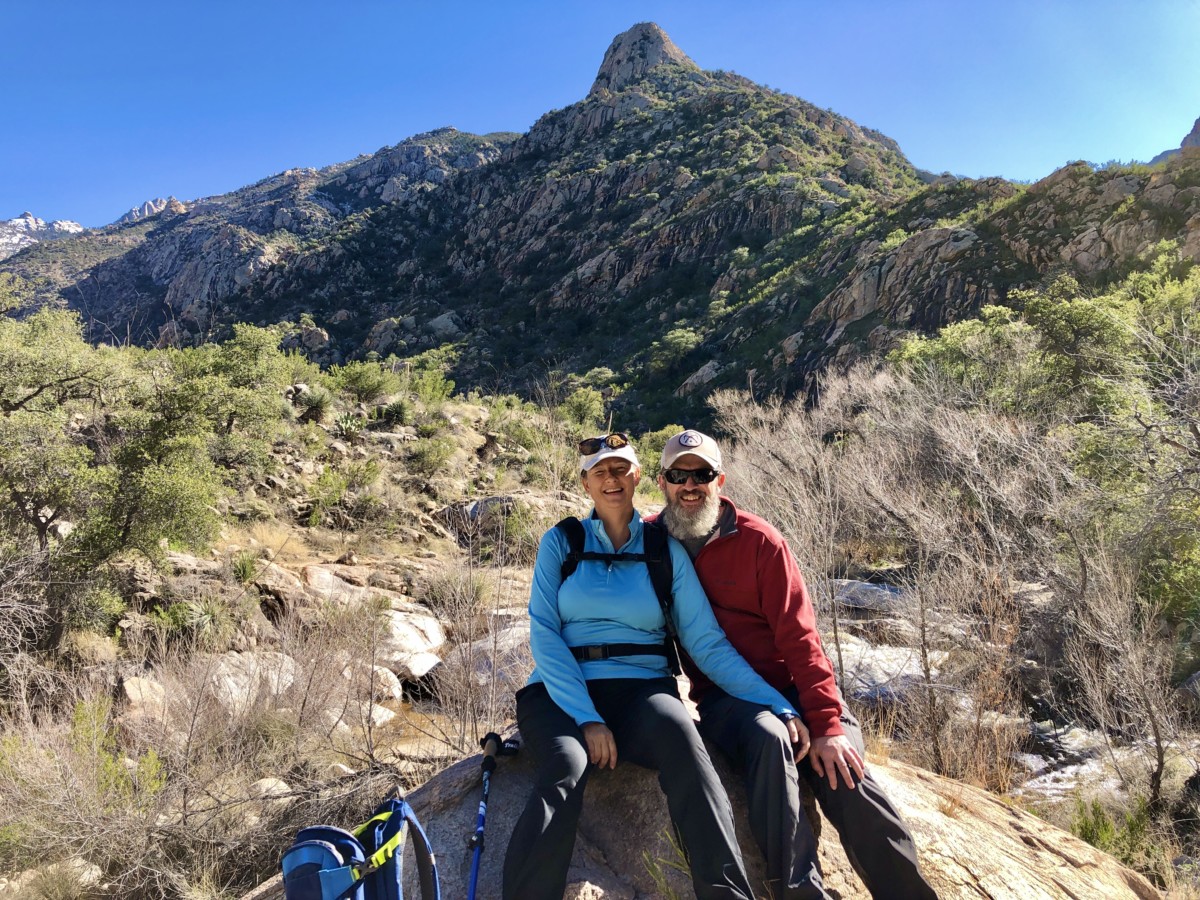
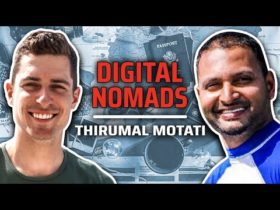
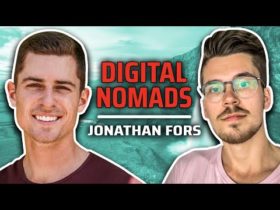
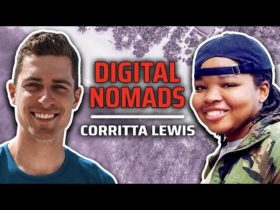
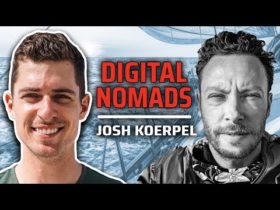
Leave a Reply
View Comments